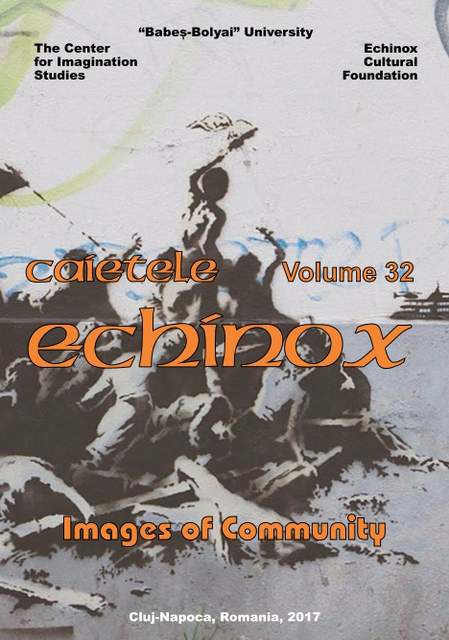Inch’Allah: La honte et la « géographie de l’affect »
Inch’Allah: The Shame and the ”Geography of the Affect”
Author(s): Laura T. IleaSubject(s): Political Philosophy
Published by: Universitatea Babeş-Bolyai
Keywords: Shame; Affect; Subjectivity; Body; Feminist freedom; Political transgression.
Summary/Abstract: The film Inch’Allah by the Canadian director Anaïs Barbeau-Lavalette presents at first shame as signifying neutrality, incapacity of being “contaminated” by the affect of the other. Paradoxically, as the plot evolves, shame becomes delivery. Overcoming trauma and the confusion of proximity, it is a form of reorganizing subjectivity, a critical exchange with the past and a glance into the future. From this point of view, there is a profound continuity between the concept of shame – an “imprint of body on history” (as characterized by Elspeth Probyn in her text Writing Shame, which makes reference to Deleuze, T. E. Lawrence, and Primo Lévi) and the feminist concept of freedom, developed by Elizabeth Grosz in Feminism, Materialism, and Freedom. This concept is linked to actions, processes, and events that are not confined to the present and become exceptional, unpredictable. Shame represents thus a generative force, capable of delivery.
Journal: Caietele Echinox
- Issue Year: 2017
- Issue No: 32
- Page Range: 135-146
- Page Count: 12
- Language: French
- Content File-PDF

